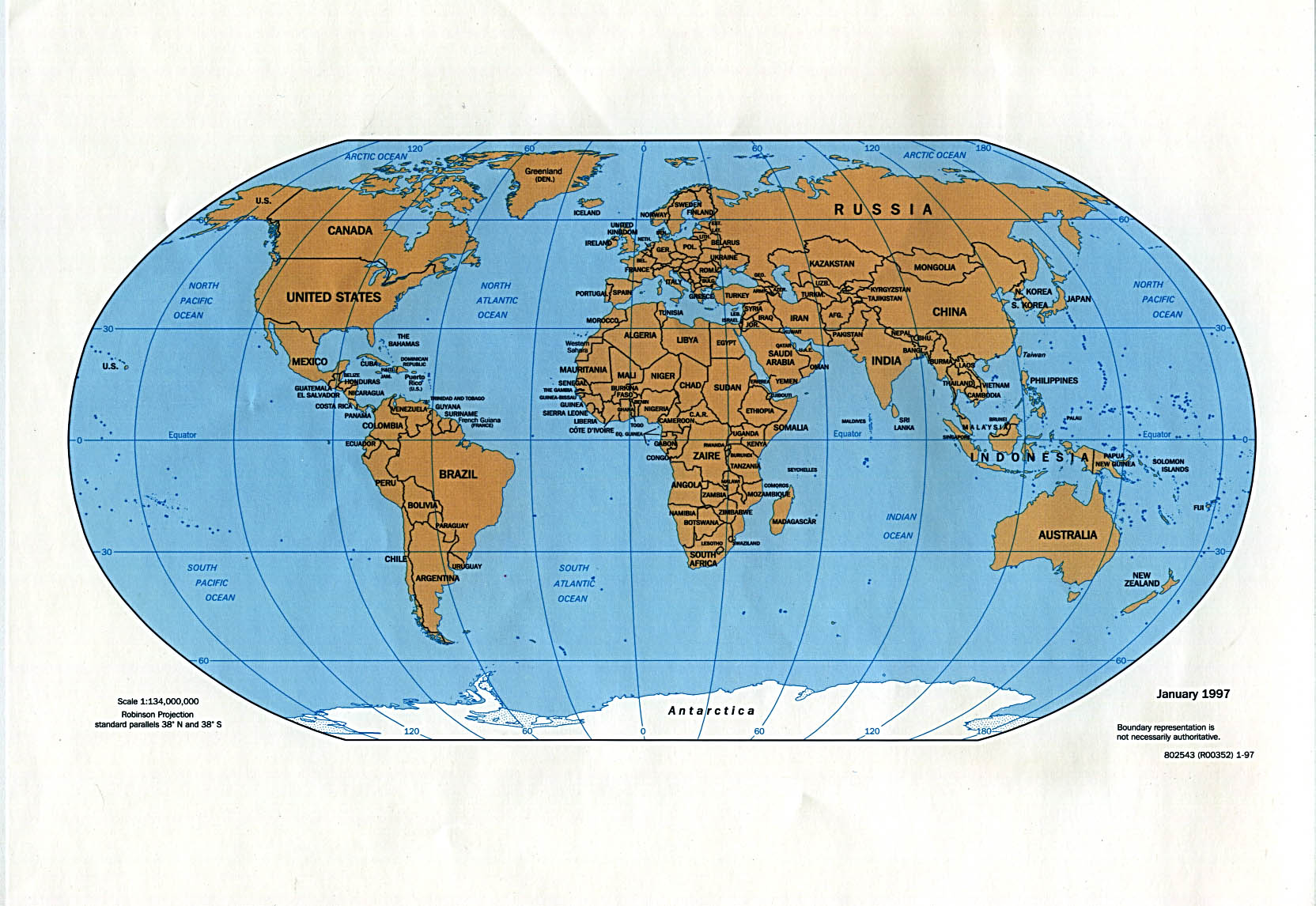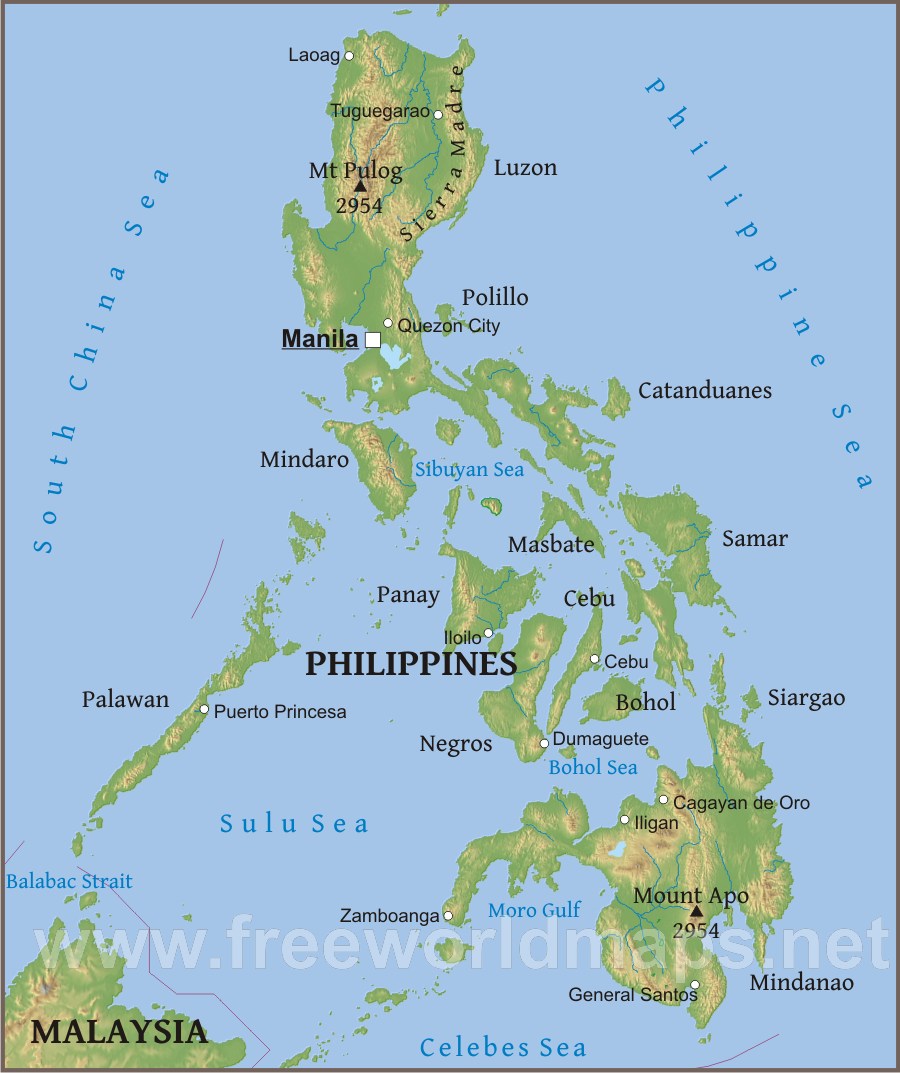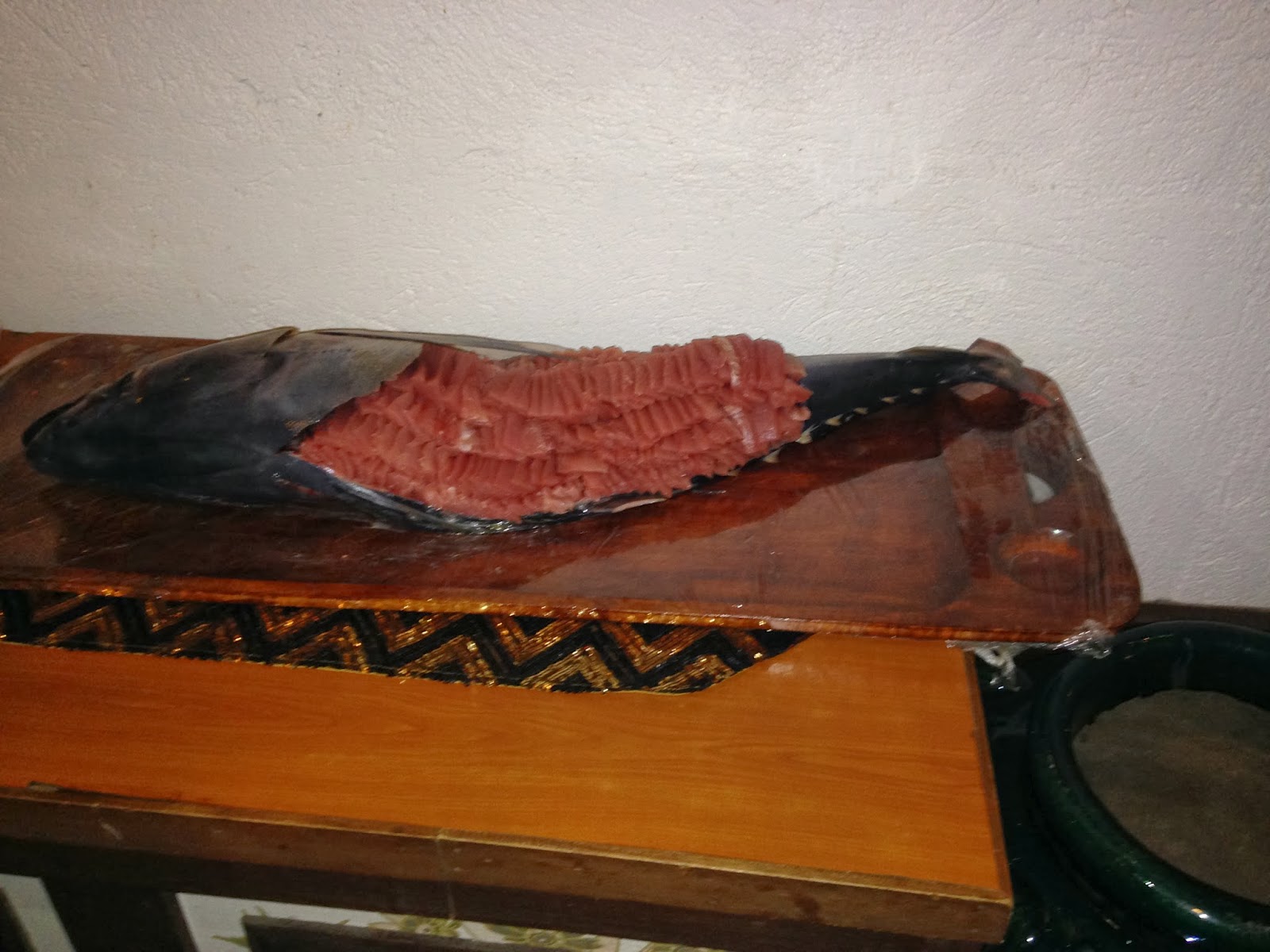Now, the run route leads through a local village for a mile and a half, and then into the jungle for a about half a mile, but even in the jungle there are several little bamboo huts with people living in them. With this information, the discerning reader will readily see why it would behoove the early morning runner to take care of business (from a solid waste perspective) prior to embarking on this run. It has been my experience in most Asian countries that defecation tends to be an all or nothing proposition. I do not react as violently to the local food as most white people do (not racist, just saying) but still, when it is time IT IS TIME!
 Accordingly it becomes necessary, when a run is planned, to attempt to coordinate the morning poop for sometime before the run. Just my luck to have it hit in the middle of the village, a mile and a half from a civilized toilet. Not that I would not use the local facilities. I have before. However, that would certainly be disruptive to the locals' routine, and I try to avoid being disruptive.
Accordingly it becomes necessary, when a run is planned, to attempt to coordinate the morning poop for sometime before the run. Just my luck to have it hit in the middle of the village, a mile and a half from a civilized toilet. Not that I would not use the local facilities. I have before. However, that would certainly be disruptive to the locals' routine, and I try to avoid being disruptive.Well, about two minutes into my chapel time, the criminally dreadful instant coffee accomplished the end for which it was consumed. There are, unfortunately, no bathroom facilities in that chapel, so I began my morning fitness routine with a record setting 400 meter clench-and-waddle, and finished morning prayer and the office of readings in my room. As I was making for the only refuge available to me at the fastest pace I could safely maintain, this clever little couplet introduced itself into my brain and danced around and around in high glee at my predicament:
"Even your morning poop can be poetic
If you start your day with a diarrhetic!"
The Office of Readings today consisted of Ecclesiastes (yeah!) 5:9-6:8 which is cleverly summed up in the one line, "The Vanity of Riches!" The first responsorial is:
"Keep falsehood and lying far from me, O Lord
--Give me neither poverty nor riches, provide me only with the food I need
I have put my trust in you, O Lord; my destiny is in your hands.
--Give me neither poverty nor riches, provide me only with the food I need."
(Proverbs 30:8, Psalm 31:15)
My brain immediately inserted that quote from Hello Dolly: "Money, pardon the expression, is like manure. It ain't worth a thing unless it's spread around, encouraging young things to grow."
My brain then asserted that human manure was definitely not appropriate for that function. Of course Victor Hugo, in his book Les Miserables, in the chapter in which Jon Valjean escapes through the sewers, digresses for a good chapter or two on the benefits of human manure as a fertilizer for crops and laments the financial waste that was the sewers of Paris. I particularly remember him vehemently
 asserting that gold is lost to the agriculture of France "with every cough of our cloaca." Victor Hugo, however, was not aware of the serious health risks of using night soil as a fertilizer, (i.e. Chinese liver flukes, cholera, and any number of other fecal contaminants, which are a constant concern when buying produce in many rural Asian countries. But I digress.
asserting that gold is lost to the agriculture of France "with every cough of our cloaca." Victor Hugo, however, was not aware of the serious health risks of using night soil as a fertilizer, (i.e. Chinese liver flukes, cholera, and any number of other fecal contaminants, which are a constant concern when buying produce in many rural Asian countries. But I digress.So according to both Solomon and Dolly Levi, riches are basically crap and hording them makes about as much sense as hording big steaming piles of $#!+. Of course, I have hoarded big steaming piles of manure before. My family could never have been accused of hoarding money. Indeed, my father's pay check was purely theoretical money. It was always budgeted, allocated and spent before it even hit the bank. Poop we did collect, though. I remember the twice annual manure spreading that we used to do on the farm, in which we would load 4-8 months (depending on whether it was spring or fall) worth of manure from the manure barn onto spreaders and take them out and spread them all over the fields. I never minded the smell. It was a strong smell, but not a bad one. It smelled of fecundity, richness, and all the potential for life and green growing things, that was secreted (and excreted) by its myriad marvelous microbes with their curious chemical conversions. Have the humility to find humorous the humble, rich black humus deposited under a pile of manure after a year of the action of such benevolent bugs. (Humus is not the same as hummus, but I suppose if you were to feed your livestock on hummus for a year, then hummus could become humus. And then if you grew garbanzo beans in the humus, mashed them up into a paste, and flavored them with basil and sun dried tomatoes you might make some very excellent hummus from the humus.)
Money is more or less the same. It can be hoarded for a time, to be spread later, but spread it must be or else it becomes a terrible waste, and it stinks.
As I think back, I inherently grasped this principle when I was a child. I felt like poop ought to be spread, and some of my siblings even invented the art form known as the "fecal mural." Alas, as with most avant garde artistes, our visionary methods were ridiculed, discouraged, and even actively suppressed by the staid, stuffy establishment.
I have never minded poop. I have even written before, in my book for guys, about the necessity of changing diapers for a full growth in humanity. There is something about taking care of such an aspect of human nature that really encourages a beautiful, cheerful humility without which there is no true humanity.
As my morning prayer came to a close and I prepared for my run, I couldn't help but reflect with some ruefulness, almost apologetically to God, on the slight oddity of my meditations for the day. On the other hand, I felt like God replied, these meditations are no odder than His own original move, which was to stick a spiritual (and therefore meditative) soul into a physical (and therefore defecative) body. As surprising as these thoughts might be to me, they are not to Him. If anything, He is amused by my amusement. I suppose that's a good thing.






















